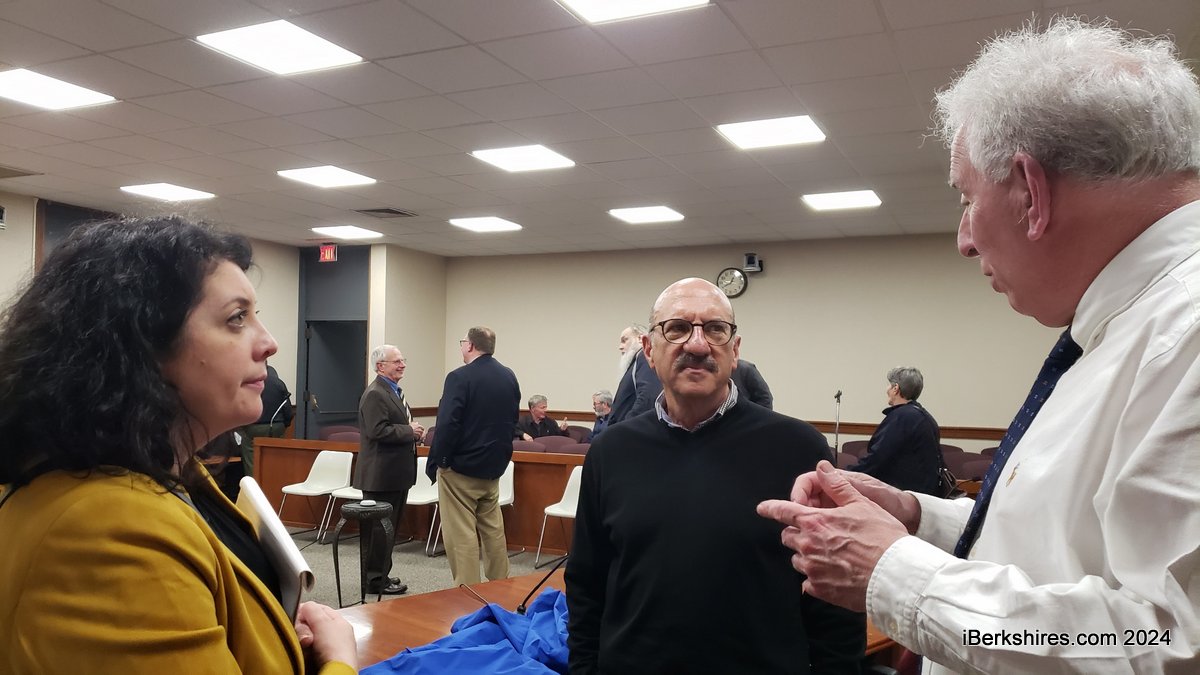Financial Moves for 'Empty Nesters'
 |
When your children leave home and you become an "empty nester," you'll probably make several adjustments in your lifestyle. But how will your empty nest status affect your financial situation?
Everyone's story is different, involving a range of variables. But here are a few issues to consider:
* Insurance: If your kids are through school, your mortgage is nearly paid off and your spouse has accumulated a reasonable amount of money in an employer-sponsored retirement plan, you may not need life insurance to replace income or pay off debts. However, you might start thinking about other goals, such as ensuring your savings will last your lifetime or leaving a legacy to your loved ones or a charity. Life insurance may be able to help in these areas.
* Downsizing: Deciding whether to downsize your living space isn't just a financial decision – it's also a highly personal one. Still, downsizing can offer you some potential economic benefits. For one thing, if you still are paying off your mortgage, a move to a smaller place could free up some of your monthly cash flow, which, again, you could use to boost your retirement accounts. Furthermore, if your home has greatly appreciated in value, you might make a sizable profit by selling. (If you are single, you may be able to exclude $250,000 of the gain on the sale of your home; married couples may have a $500,000 exemption. Some restrictions exist on this exemption, though, so you'll need to consult with your tax advisor before selling.)
* Estate plans: Years ago, you might have made various arrangements in a will or a living trust that dealt with taking care of your children if something should happen to you and your spouse. For example, you might have established a trust and directed it to make payments to your children at certain times and for certain purposes, such as education. But once your children are grown and have left your home, you may need to review and update your estate plans.
Keep in mind, though, that "empty nester" status is not always permanent. You've no doubt heard about "boomerang" kids who return home after college and stay until they can afford a place of their own.
If your children become "boomerangers," even for a short while, will it greatly affect your financial situation? Probably not. However, if your children are going to drive your car, you may want to be sure that they are listed on your car insurance. Also, if they are going to bring guests to your home, you might want to consider an "umbrella" insurance policy, which typically provides you with significantly greater liability protection than your regular homeowners policy. (In fact, it may be a good idea to purchase an umbrella policy even if you don’t have grown kids at home, as this coverage offers you wide-ranging protection from potentially devastating lawsuits that could arise from injuries on your property or through an auto accident in which you are involved.)
You may have mixed feelings about becoming an empty nester, but, like most people, you will adjust. And by making the right financial moves, you can get off to a good start on this new phase of your life.
This article was written by Edward Jones for use by your local Edward Jones Financial Advisor. Courtesy of Walter Lother, Financial Advisor, in North Adams, at 413-664-9253. Edward Jones, its employees and financial advisors cannot provide tax or legal advice. You should consult your attorney or qualified tax advisor regarding your situation.

















